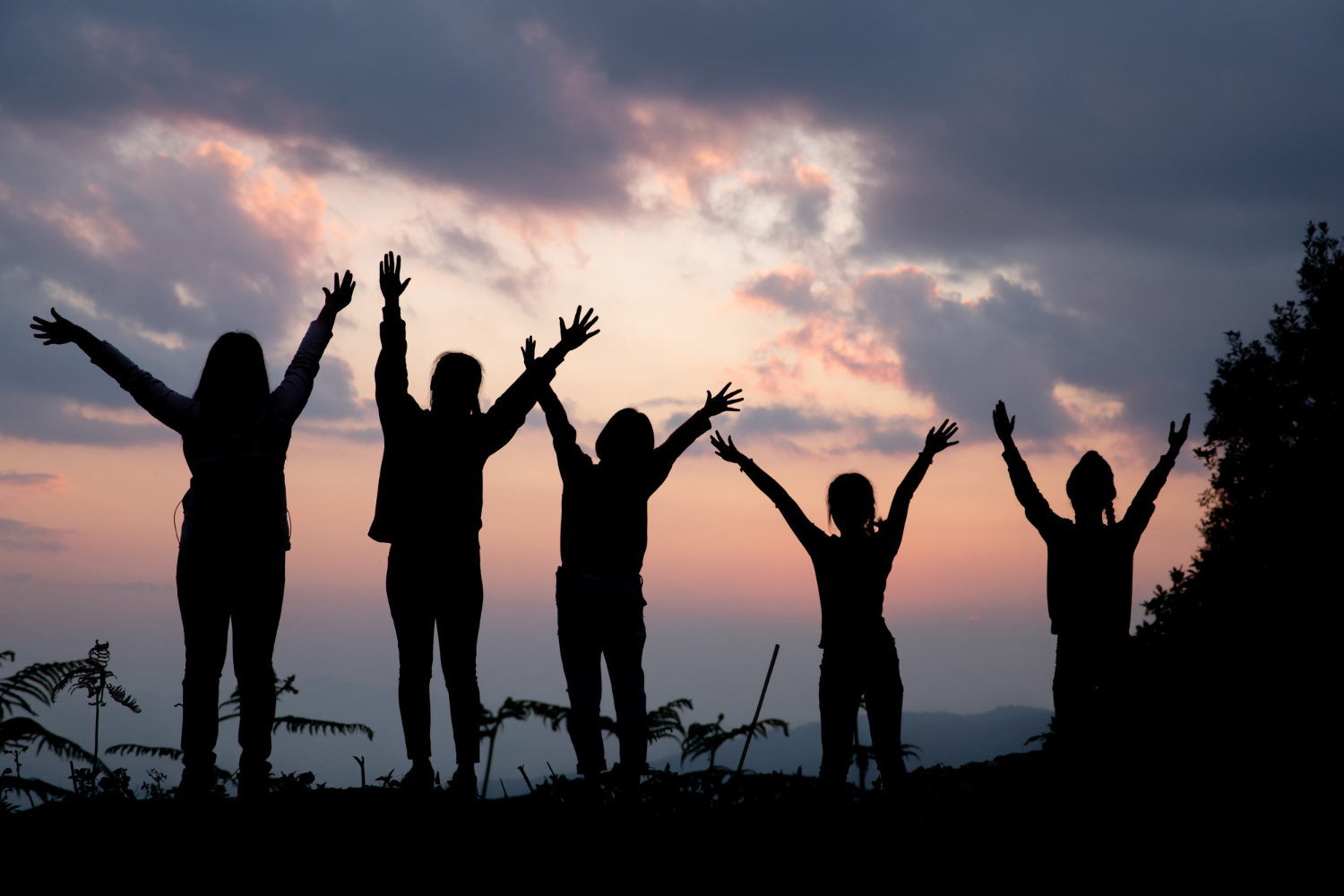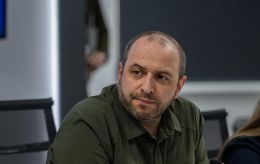Friends as natural 'painkillers': Scientist explains phenomenon
 Why we perceive friends as "painkillers" (photo: Freepik)
Why we perceive friends as "painkillers" (photo: Freepik)
Sometimes, we perceive our friends as "painkillers" because they often rescue us from pain. However, there is a scientific explanation for this phenomenon, according to scientist Oleksandr Koliada on Instagram.
Why we perceive friends as painkillers
We are used to thinking that all our social endeavors are driven by a flow of joy and pleasure hormones: no partner - boring, there is a partner - dopamine.
But there is such an unpopular idea that is rapidly gaining momentum. It's called the opioid theory of social belonging.
Opioid mu-receptors in the brain, which regulate our feelings of pain and for the satisfaction of which we take such comforters of "background pain of life" as cocaine and heroin, are associated with our social life.
It turns out that the more friends and social contacts we have, the higher the pain tolerance. Friends stimulate our internal pain-fighting system, which was created for physical pain but is ready to cope with emotional pain as well.

Why we perceive friends as "painkillers" (photo: Freepik)
When monogamous rodents were injected with opioid receptor activators, it severely disrupted their family relationships. Because family relationships were their opium, on which everything depended, and now people in white coats inject them for free, the opioid receptors make us feel good when we communicate and are in a group and make us feel pain when we are isolated from social contacts.
Surprisingly, the number of friends on Facebook is indeed related to the number of real friends in life, and perhaps the brain's opioid system uses social networks for the "pain relief" of our souls.
Facebook heals, though it is far from being implemented in medicine. But these results can be applied to combating stress, and treatment with friends can already begin.
Let's switch from processed plantain antidepressants to healthy communication with friends. After all, they are our little legitimate heroin.
Previously, we reported about a new language in the world that is mastered by only 350 people.

